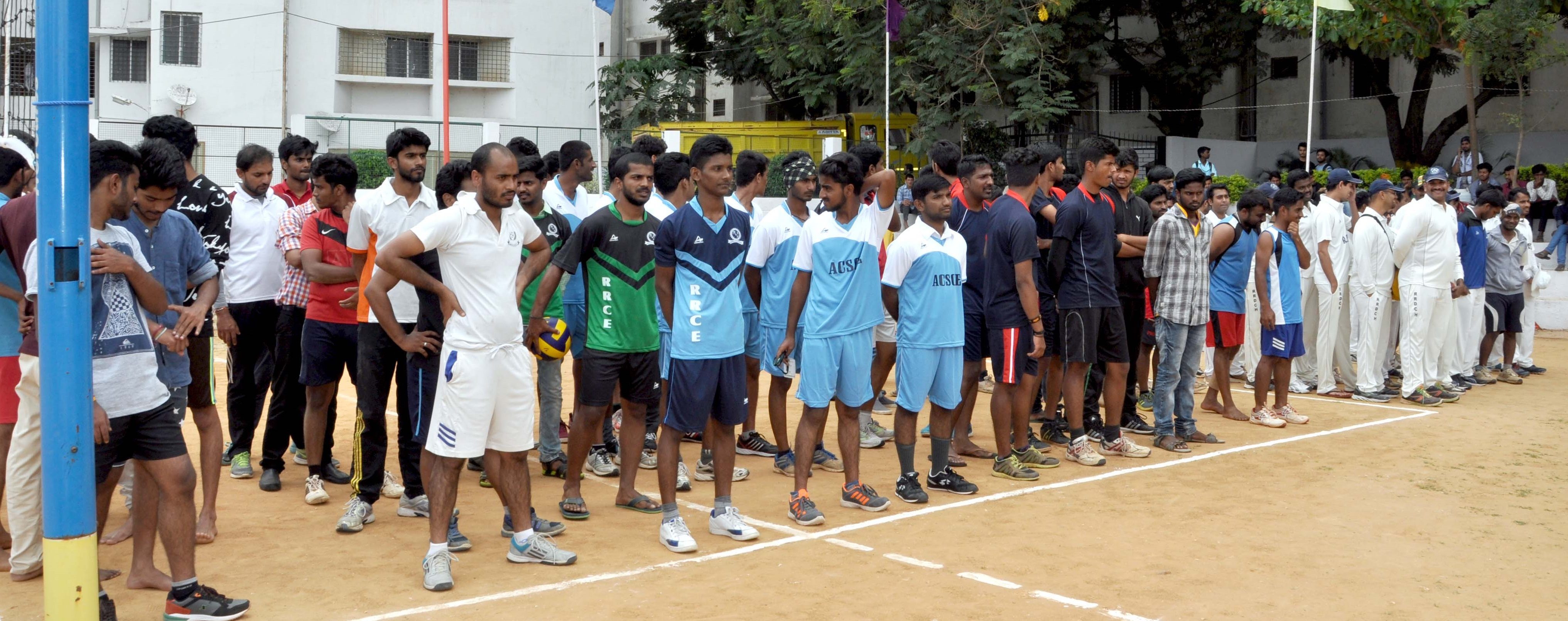Freezing Air 99% Successful in Removing Suspended Air Pollutants

Air pollution is a major concern worldwide today and is a cause of over three million premature deaths every year. Scientists have been researching around this problem and recently a study has found that to reduce or rather prevent the deadly air pollution, you need to freeze the pollutants. This way you can avoid interior seepage. The experiments have been reported in the ‘Science of the Total Environment Journal.’
The research was carried out by the Scientists at the Nottingham Trent University in the UK in association with the Chinese Academy of sciences. This team undertook the study of the effectiveness of cryogenics for indoor air purification by taking out the tiny particles and gaseous pollutants that are caused due to haze.
When the team circulated the haze polluted air through the cryogenic condenser, the particles that were finer in nature stuck to the condenser tube for a while giving out clean air. They later dropped due to gravity. The good news was that this method in the removal of particulate pollutants by 99% besides removing nitrogen oxide pollutants by 98%.
The Dean of the School of animal, rural and environmental Sciences at Nottingham talked about the adverse effects of air pollution on the lives of billions of people worldwide and how the outdoor pollution has affected the indoor quality of air as well. He further added that poor quality of air outdoors does impact people living indoors also.
The experiments showed how on the circulation of the polluted air through a frozen chamber can easily help you get rid of the fine dust particles as well as gas pollutants.
Professor Gang Pan, Professor at the varsity added that the study could help in devising air cleaning appliance that can be used in homes for getting cleaner air thus improving the quality of air indoors with ease.
We all are aware of the recent air pollution and the smog cover that Delhi has undergone and how it has affected the lives of millions of people living in Delhi. The quality of air in NCR as recorded by the System of Quality and Weather Forecasting and Research (SAFAR) was noted as 87% even in the morning at 8.30 am even when the maximum temperature was around 28 Degree Celsius.
Considering the situation in Delhi and soon to be the situation in many of the metro cities this study seems to be a very useful one for the improvement of the quality of air indoors.
Just know about Leading Engineering colleges in Bangalore
*Sourced from the Internet

